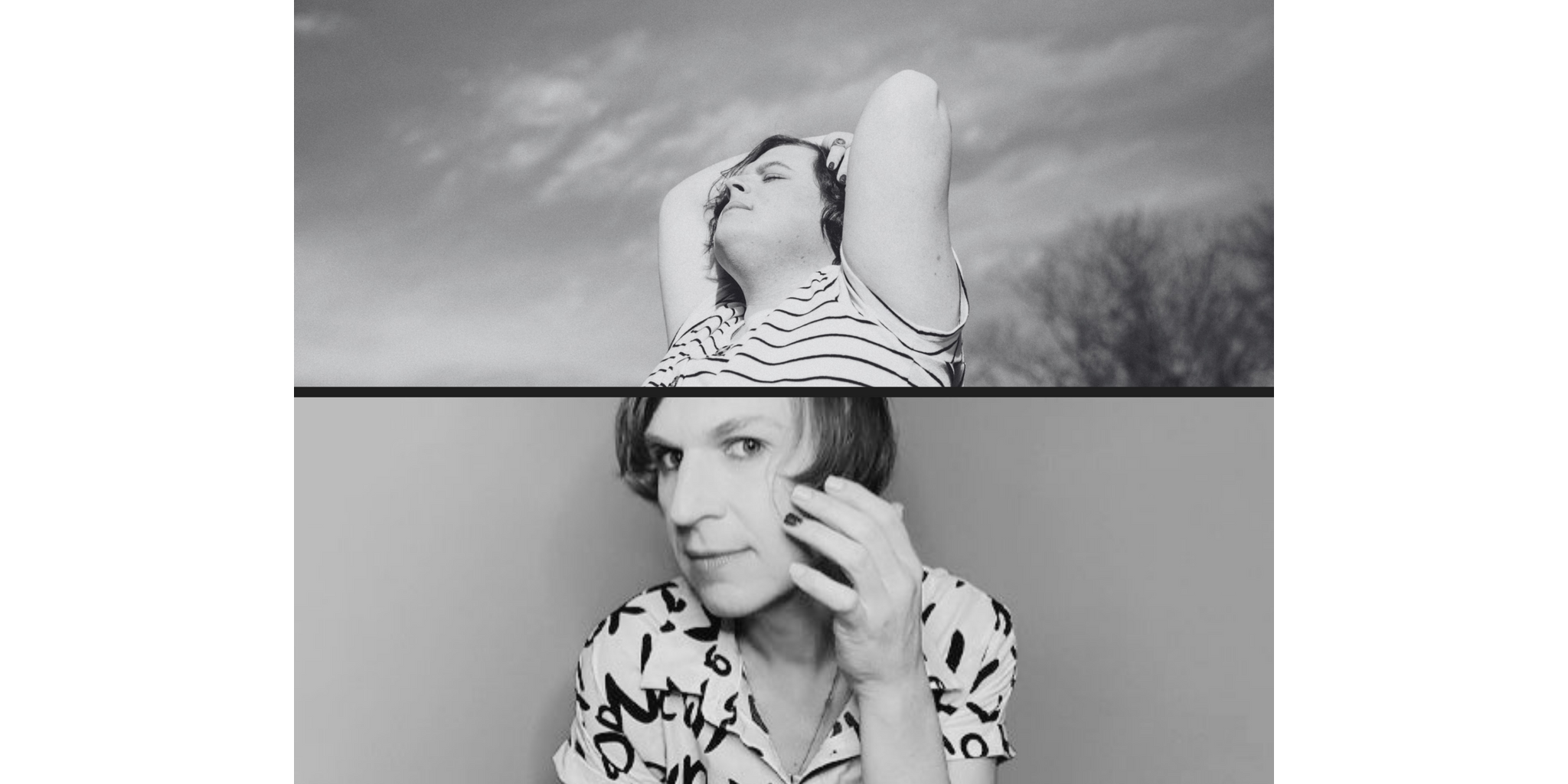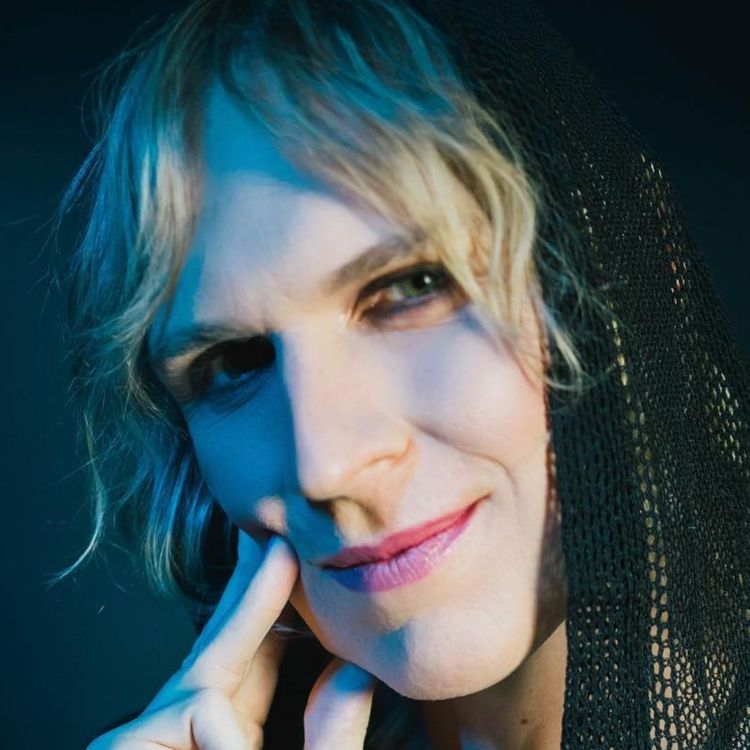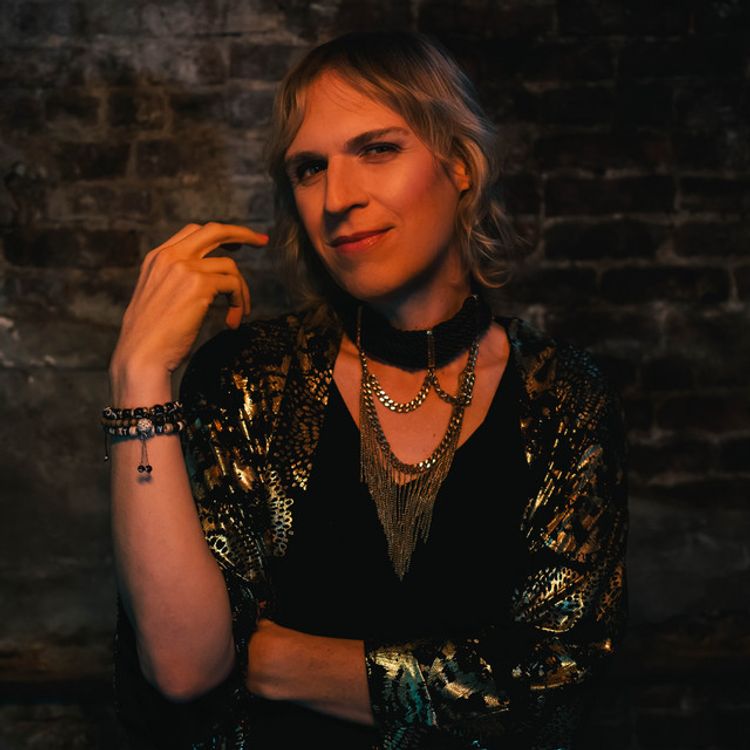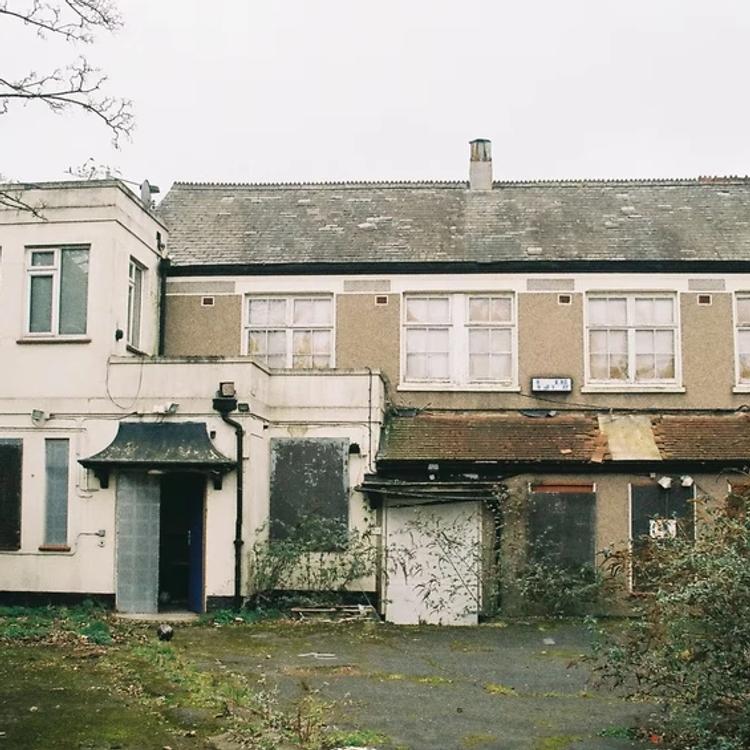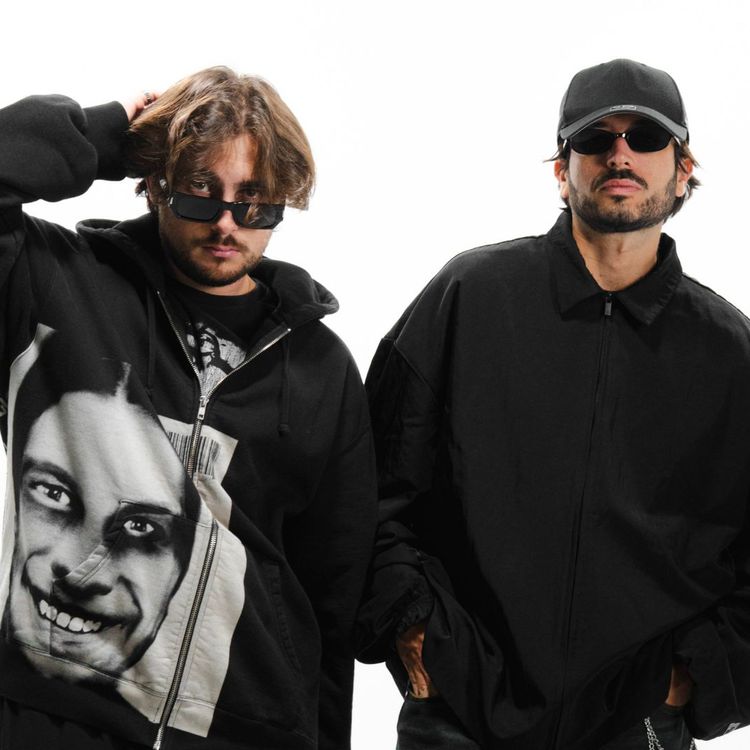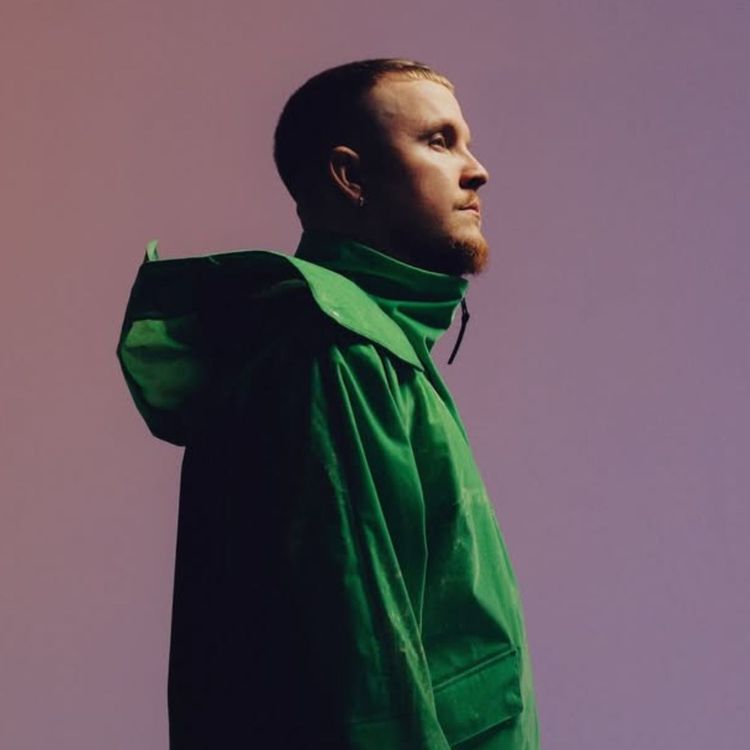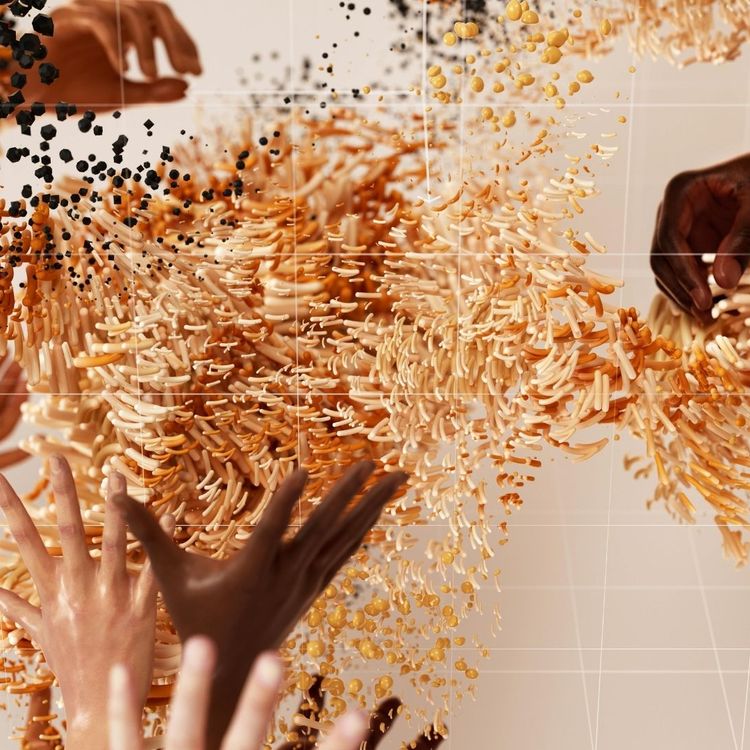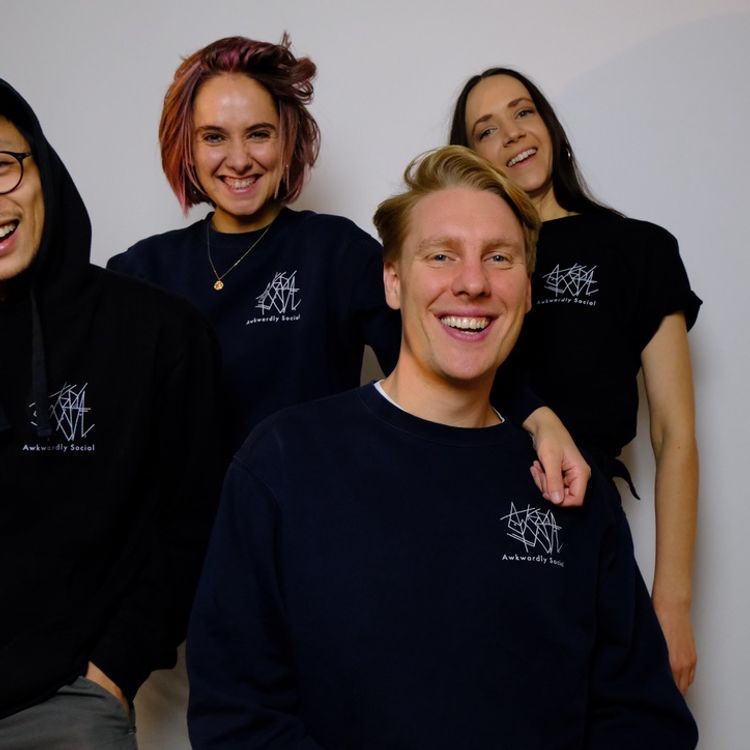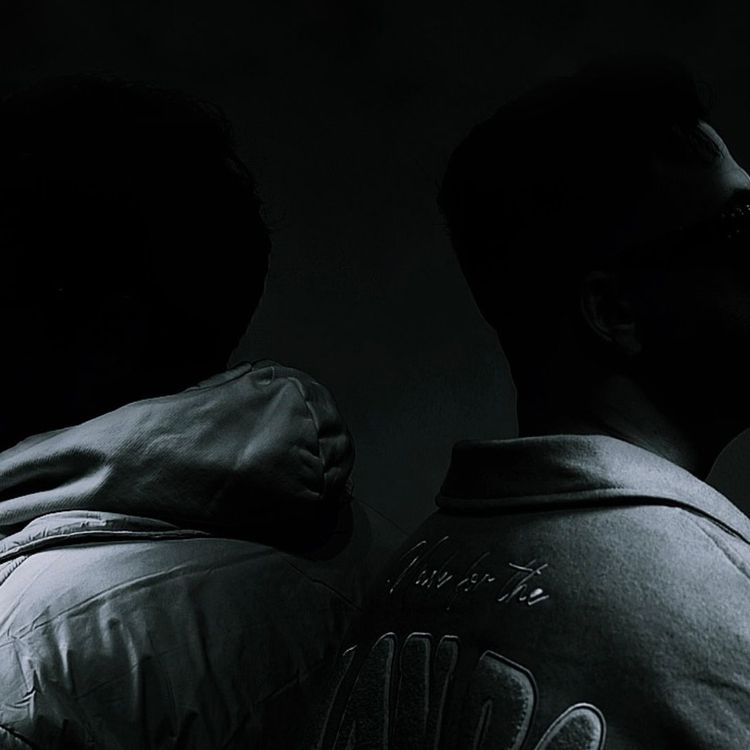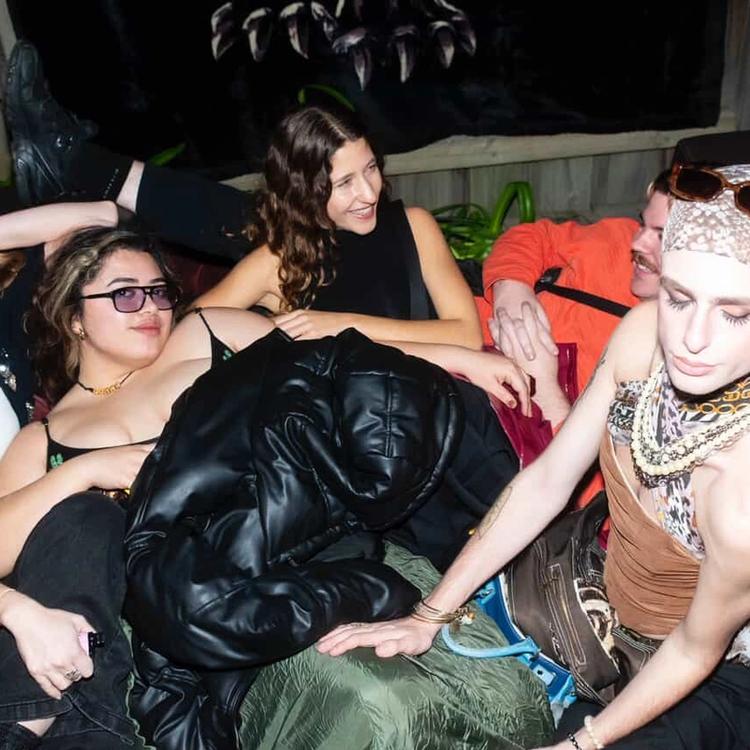Worthy and Baby Weight Are Courageous Trans Voices
Before the pandemic, Baby Weight (Cara Eser) and Worthy (Kristy) had established themselves within the American dance community as sonic forces. Esser’s blend of bouncy tech house and ability to make pop-leaning vocals still sound underground put her on a path to national headlining status. The DC native was gaining a national following and had cosigns from lauded house acts like Walker & Royce and Shiba San.
Worthy was already a well-established house icon. The San Francisco-based artist and Dirtybird co-founder was an architect of the nu-school West Coast house sound. Her label Anabatic had long been a breeding ground for the future of underground dance boasting releases from the likes of Kill Frenzy, Nick Monaco, Justin Martin, Yolanda Be Cool, and Will Clarke. Her status as a forward-thinking artist was clear.
That sense of sonic clarity however wasn’t reflected in their personal journeys. And as the pandemic eviscerated the chance of a certain future in the near term, they were both forced to reckon with an internal struggle that blossomed into two compelling stories that reflect the very foundation of dance music’s cultural beginnings.
Both Worthy and Baby Weight came out as Trans. And while they may not be the first to be open and honest about their struggles and triumphs, they do serve as shining examples of how we can re-establish dance music as a safe space for those who feel like they are on the fringe.
Do you feel like, because you are part of the dance music community, you had kind of a safety net to fall back on when you came out?
Kristy: I wasn't sure what I was expecting when I came out. There was a deep fear that maybe this is gonna destroy my career in some way. And I think that fear just came from the repression that I felt all my life around this, hiding it from everybody. For me coming out was super scary. And I feel blessed to have come out and see the level of support that I've gotten. I feel blessed that I'm in this world, this dance music world that's so accepting and so loving, and I've never felt so much love before. I ended up here for a reason.
Cara: I was absolutely terrified. But ultimately, for me, I was pushed into the deep end by somebody on social media to kind of come out and I wouldn't change it in a million years, because I feel like it was the right kick in the ass to finally get me to kind of openly bleed or share that part of myself with the world. I would say that the response is not surprising from the community. Just because I feel like most people read me as a good person, and I'm a good person first, and transgender second.
Dance music was built on marginalized people, but the scene has changed. Do you feel like your story helps shine a light back on those who don't feel seen?
Kristy: I'm not sure if it has. I know my coming out process has definitely inspired a good amount of people to confront stuff within themselves, including a lot of people coming out as trans to me or queer and saying that my story helped them.
Cara: The more that you have marginalized voices put in front of people that challenge their worldview, the more you get to normalizing those voices … It makes people more comfortable coming out … All the arrows point to this reality that trans people are part of the music industry. The conversation is not that there is a lack of trans voices. The conversation should really be, the trans voices are here, how do we get those voices shared to more people so that other individuals can feel comfortable enough to then say, ‘Yes, I want to be a part of the community because I see myself, I feel validated, I feel seen, and that there are other people like me in front of me doing the things that I want to do.’
What gives you the strength and courage to be so open and honest about your journey?
Cara: Christy makes me cry once a week at least with her social media posts. I’m legitimately tearing up sobbing seeing her journey. And knowing that she and I are on the same journey together—timeline-wise—gives me a lot of courage because we're going through the same things together. That's what keeps me going.
Kristy: I think it's because I was so closed off for so long that I feel like I need to let myself out there into the world. I know that by letting myself out there I’m helping others process their own journeys. It feels visceral. Like I have to do this. I want people to understand what the trans experience is and how difficult it is at times. But also, how happy it is at times. If I'm helping anybody else and come to terms with being transgender, that is everything for me. Being visible helps others so much.
When did you realize you were trans and when did you decide to be public about it?
Kristy: I realized I was most likely transgender in July of 2020. I was working through the feelings and internal struggle of coming to terms with being transgender into the fall, and I started HRT shortly after because I can sit in therapy for five years talking about this, or I can just get this new life started. Pretty quickly, I was on HRT. I shaved off my beard, [started] dressing a little bit differently, and I was just feeling hidden. It felt really weird to be in front of people and not be my authentic self. I was on a mushroom journey at the end of November and in that journey, it came to me that like “your next step is to come out. You need to come out to the world and shine your light.”
Cara: I privately came out to myself about six years ago. I had the realization that was simmering under the surface at least since college. But I didn't feel safe coming out to my family. There was also this unfounded fear I had—and it sounds so terrible to say now in retrospect—but I was really afraid that if I had come out, and I was openly queer, that would somehow put me in a corner. And I didn't want to be limited in terms of the kind of shows I played, the kind of bookings I got.
I came out to my partner in 2019 as non-binary but she knew that eventually, I would come out as full-blown trans. Not to say that identifying as non-binary is a steppingstone of some kind. I felt in my mind that maybe it might be easier transitionally if my family and my friends saw it. It was my intention to come out in 2020. This stranger on Facebook dug into my personal life and made some comments publicly on Facebook about me. I came out as a result of that.
Kristy, How have you navigated the conversation with your daughter?
I think she had a little bit of a hard time with it at first. I remember she cried to me about me not being my old name anymore.
I was talking to my ex, having these conversations about gender and this transition and what that entailed. And we would have these intense conversations and at times they would be outside someplace. And obviously, my daughter overheard us. And we were having dinner and my daughter is like, ‘Hey, wouldn't it be funny if daddy was a girl?’ And we were just like, ‘oh, crap.’
We were very honest with her. And she got it. And she understands. And she's been super supportive. She accepts me for who I am. And she's been one of my cheerleaders. And she calls me Mom, sometimes. It feels like she sees me. I was really depressed in my marriage and really cut off from everything that was going on around me. And so, she knows this is the right decision. And she is super supportive of it. And she just wants me to be happy. And I want her to be happy, too. What is the most striking lesson that you've learned in your journey that you want to pass on to others?
Cara: I would just say the moment you come out publicly, things don't happen right away. And there's this idea that maybe the world all-of-a-sudden gets better, and in some ways it does. But you have to have patience, you have to have resilience. You have to understand that for some people that you're close to, they're losing someone that they've spent a good part of their life with. And for them, it may take some time to process the fact that you're still the same person.
Kristy: It’s taken me a while to learn this is [but] everybody's journey’s really different and you really can't compare where you are to somebody else. Hormones treat everybody differently. And just the process of it all is super individualized. It takes time and everybody moves differently, and you need to be patient with yourself.
